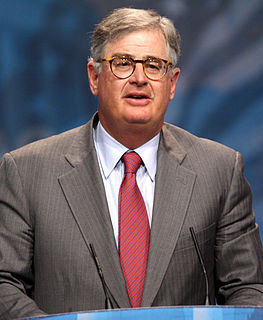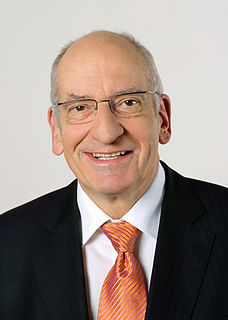A Quote by Marcia Angell
Drug companies say they need to charge ever-higher prices to cover their research costs, but they spend far less on research and development than they do on marketing and administration, and afterwards they actually keep more in profits.
Related Quotes
Drug companies spend more on advertising and marketing than on research, more on research on lifestyle drugs than on life saving drugs, and almost nothing on diseases that affect developing countries only. This is not surprising. Poor people cannot afford drugs, and drug companies make investments that yield the highest returns.
Requiring the payment of higher wages will lead to a loss of some jobs and a raising of prices which drives companies to search for automation to reduce costs. On the other hand, those receiving higher wages will spend more (the marginal propensity to consume is close to 1 for low income earners) and this will increase demand for additional goods and services. Henry Ford had the clearest vision of why companies can actually benefit by paying higher wages.
It's easy to complain that pharmaceutical companies place profits over people and apparently care more about hair loss than TB. However, many in the pharmaceutical industry would be glad for the opportunity to reorient their research toward medicines that are truly needed, provided only that such research is financially sustainable.
America needs the best education system in the world. We have it in higher education. We do not have it in general education for all of our people - the K-12 education. Other nations are far, far outdoing the United States in that area. We still have the lead in research, but once again, other nations are pouring more into research also. We still have a lead, but to me it's just very, very important that we keep that lead in basic research.
If you look at the expenses of a great pharmaceutical company, they pay between about 10 to 15 percent of their expenses for research, but they use 30 to 40 percent of their incomes for marketing and promotion. It is not completely wrong that they spend so much, but it is not correct to say that there is a direct connection between the price of drugs and the cost of research. It could be more between the cost of marketing and the cost of the drugs.
This morning, prompted by increasing concerns about terrorism, oil prices reached a record high as the cost of a barrel of crude is a whopping $44.34. Wow, it seems shocking that a product of finite supply gets more expensive the more we use it. Now the terror alert means higher oil prices, which oddly enough means higher profits for oil companies giving them more money to give to politicians whose policies may favor the oil companies such as raising the terror alert level. As Simba once told us: "It's the circle of life."




































